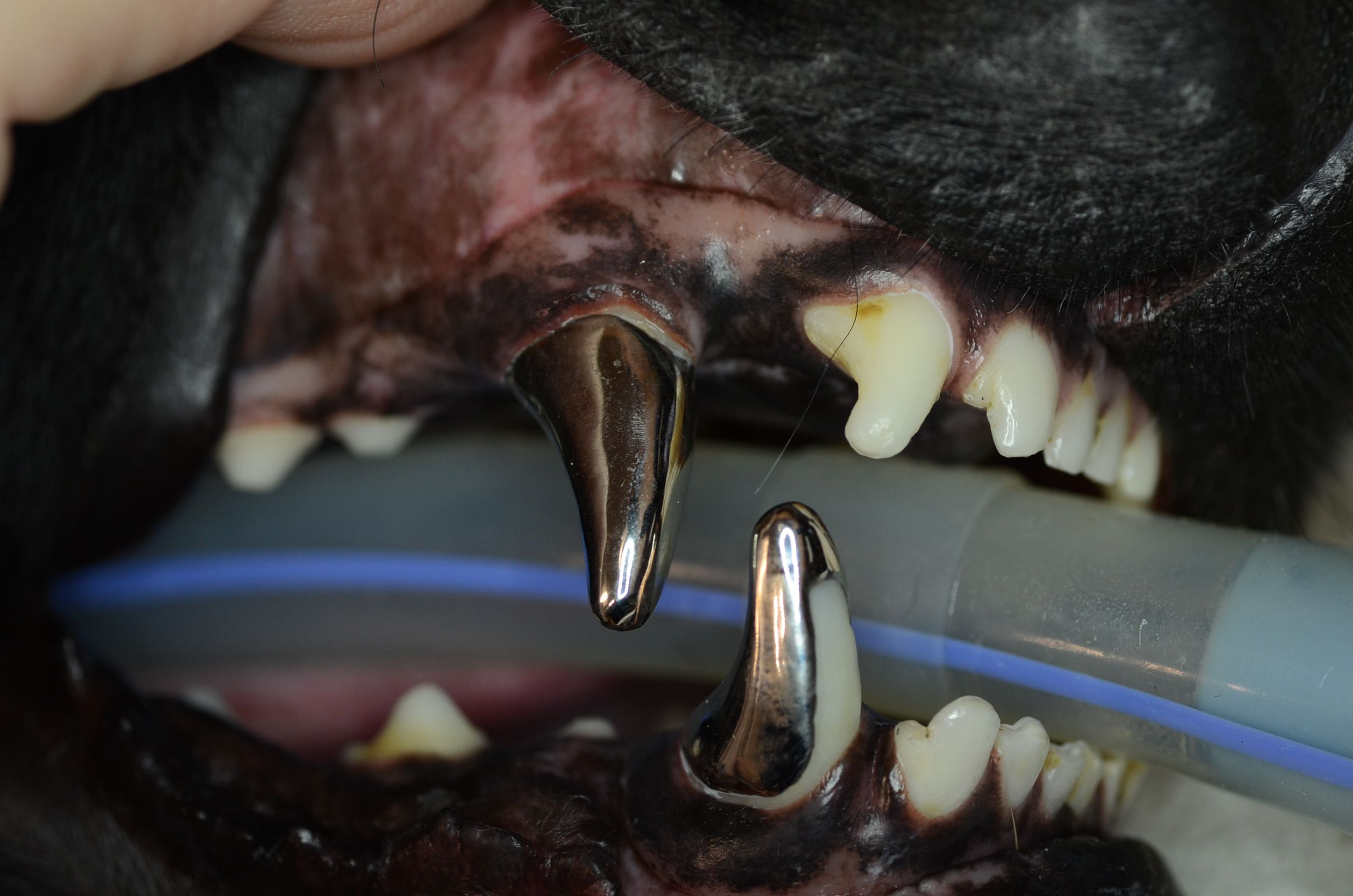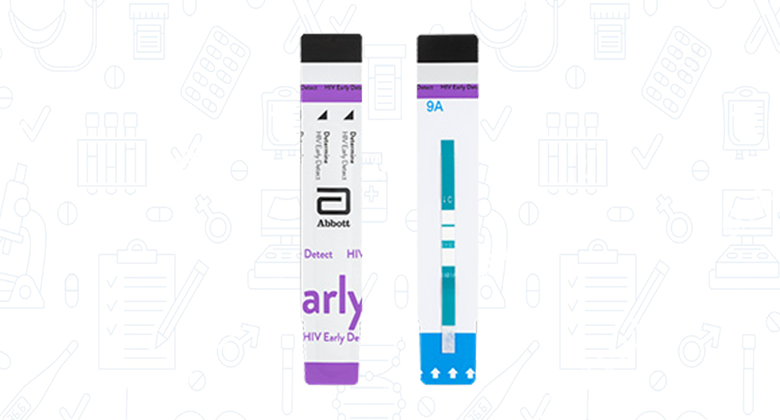What Do Canine Teeth Do? Enhance Your Smile

The human smile is a complex and dynamic feature that can convey a wide range of emotions, from joy and happiness to sadness and disappointment. One of the key components of a beautiful and healthy smile is the canine teeth, also known as cuspids. Located on either side of the incisors, the canine teeth play a crucial role in the overall appearance and function of the mouth.
The Importance of Canine Teeth in the Smile Lineup
Canine teeth are uniquely shaped, with a pointed tip and a distinctive curve that sets them apart from other teeth. They are designed to perform a variety of functions, including biting, tearing, and piercing food. But their importance extends beyond just their practical uses. Canine teeth also play a significant role in the aesthetic appeal of the smile, helping to frame the mouth and create a sense of balance and harmony.
The Impact of Canine Teeth on the Smile’s Overall Appearance
The canine teeth are often considered the “cornerstones” of the smile, as they help to define the shape and contours of the mouth. A well-proportioned and well-aligned set of canine teeth can help to create a sense of symmetry and balance, making the smile appear more attractive and appealing. Conversely, canine teeth that are misaligned, discolored, or missing can detract from the overall appearance of the smile, making it appear less healthy and less attractive.
What Canine Teeth Do: More Than Just Biting and Tearing
While canine teeth are often associated with their functional role in biting and tearing food, they also perform a number of other important tasks. These include:
- Guiding the jaw: The canine teeth help to guide the jaw as it moves, ensuring that the mouth closes properly and that the teeth come together in a way that is comfortable and efficient.
- Supporting the surrounding teeth: The canine teeth help to support the surrounding teeth, including the incisors and premolars, by providing a stable foundation for the entire dental arch.
- Enhancing the smile’s aesthetic appeal: As mentioned earlier, the canine teeth play a crucial role in the aesthetic appeal of the smile, helping to create a sense of balance and harmony.
Common Issues with Canine Teeth
Despite their importance, canine teeth can be susceptible to a number of problems, including:
- Misalignment: Canine teeth that are misaligned or crooked can be difficult to clean and maintain, and may require orthodontic treatment to correct.
- Discoloration: Canine teeth that are discolored or stained can detract from the overall appearance of the smile, and may require professional whitening or bleaching to correct.
- Tooth loss: Canine teeth that are missing or have been lost due to decay, injury, or other factors can be replaced with dental implants, bridges, or other restorative devices.
It's worth noting that canine teeth are often more prone to wear and tear than other teeth, due to their unique shape and position in the mouth. As a result, they may require more frequent cleaning and maintenance to prevent problems like tooth decay and gum disease.
Conclusion
In conclusion, the canine teeth play a vital role in the overall health and appearance of the smile. By understanding the importance of these teeth and taking steps to maintain their health and integrity, individuals can help to ensure a beautiful, healthy, and functional smile that will last a lifetime.
What are canine teeth, and where are they located in the mouth?
+Canine teeth, also known as cuspids, are the pointed teeth located on either side of the incisors. They are designed to perform a variety of functions, including biting, tearing, and piercing food.
Why are canine teeth important for the overall appearance of the smile?
+Canine teeth help to frame the mouth and create a sense of balance and harmony, making the smile appear more attractive and appealing. A well-proportioned and well-aligned set of canine teeth can also help to create a sense of symmetry and balance.
What are some common issues that can affect canine teeth?
+Common issues that can affect canine teeth include misalignment, discoloration, and tooth loss. These problems can be addressed with orthodontic treatment, professional whitening or bleaching, and restorative devices like dental implants or bridges.

